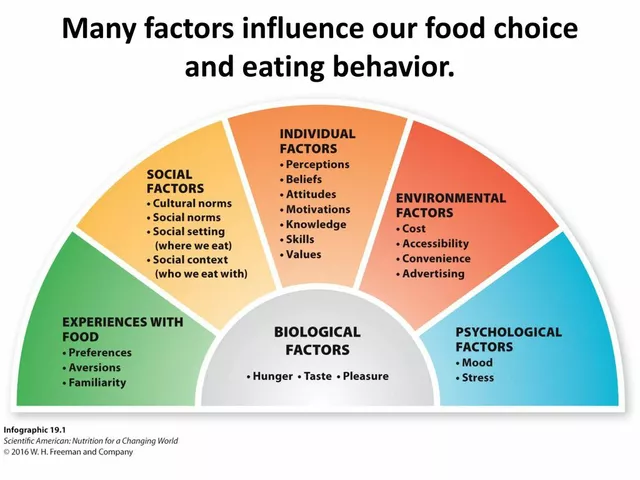Entertainment Hub: Comedy, TV Series & Working‑Class Stories
When exploring Entertainment, the collection of activities that capture audience interest through performance, media and cultural events. Also known as Leisure, it fuels both personal enjoyment and industry growth. Entertainment isn’t just a buzzword; it’s the engine behind theatres, streaming platforms, live concerts, and even sports photography. It requires creative storytelling, visual appeal, and a platform that reaches viewers. Entertainment thrives when comedy pushes boundaries, when TV shows tap into real‑world issues, and when representation reflects diverse lives. The digital age added on‑demand streaming, giving audiences the power to binge‑watch entire seasons in a weekend, while live events still draw crowds hungry for shared energy. Every ticket sold, ad viewed, or photo shared feeds a cycle: platforms enable audience interaction, audience interaction drives new content, and fresh content expands the entertainment ecosystem.
Why Entertainment Matters
One major sub‑type is Comedy, a genre that uses humor to entertain and often to comment on society. Comedy’s attributes include timing, satire, and relatable characters. When comedians focus on everyday struggles, they open a window to working‑class representation, the portrayal of working‑class lives and perspectives in media. Shows that blend both can shift public perception and spark conversations about authenticity. Lucy Beaumont’s recent series is a clear example where humor meets genuine working‑class storytelling, proving that laughter can be a powerful vehicle for truth. From slapstick sketches to sharp political satire, comedy influences cultural dialogue, challenges stereotypes, and often becomes a catalyst for social change. The link between comedy and representation shows how humor can amplify voices that are otherwise unheard.
Another cornerstone is TV series, episodic television programs that build narratives over multiple installments. A successful series often lands on a supportive network; in the UK, Channel 4, a public‑service broadcaster known for bold, diverse programming has a track record of championing projects like Hullraisers. The relationship between a TV series and its channel influences budgeting, audience reach, and creative freedom. Strong storytelling, consistent character arcs, and a clear visual style keep viewers returning week after week. When a series embraces working‑class narratives, it not only entertains but also educates, inviting viewers to see the world through a different lens. The synergy of genre, representation, and distribution illustrates how Entertainment blends these elements to create moments that stick with audiences long after the credits roll.
Below you’ll find a curated list of Entertainment pieces that highlight comedy, authentic working‑class voices, and standout TV series. Dive in to see how each story captures the energy of the genre and why they matter in today’s media landscape.

Eyeball Lickin' Good: The Strange Truth Behind That Viral Phrase
The viral phrase 'eyeball lickin' good' started as a bizarre street performance and became a cultural meme. Learn how nonsense spreads online, why it resonates, and what it says about modern attention spans.
READ
Sam Claflin’s ‘Lazarus’ Debuts on Prime Video – A Mixed‑Bag Mystery
Sam Claflin leads Harlan Coben’s new supernatural thriller ‘Lazarus’ on Prime Video, sparking mixed reviews and marking the author’s shift from Netflix to Amazon.
READ
Lucy Beaumont champions authentic working‑class comedy in Hullraisers
Lucy Beaumont brings authentic working‑class stories to TV with Hullraisers, sparking debate on representation while expanding her comedy career.
READ



